One of the greatest hindrances to progress in Nigeria and across Africa is a mindset that deflects human responsibility onto God or destiny. This pervasive belief system, often wielded as a shield against criticism or accountability, has become a convenient excuse for systemic failures and institutional incompetence. It is a mindset that cripples ambition, stifles reform and allows mediocrity to thrive in the guise of faith. Consider a recent incident in Jos, Nigeria, where some candidates were scheduled to take a computer-based test (CBT) for employment with the Nigerian National Petroleum Company (NNPC) Limited. These events took place on 7 December at Sani Mikaila Comprehensive College.
What should have been a straightforward process turned into a display of institutional chaos. Candidates endured long delays due to poorly organised manual accreditation processes. By the time the test began, the candidates, initially allotted 60 minutes, were left with only 30 minutes to complete the test. When they protested this glaring injustice, the response they received was as predictable as it was infuriating. They were told that if God wants them to get the job, they will get it despite everything. This statement is characteristic of the systemic rot in our society. It reflects a broader cultural attitude that justifies failure and incompetence by invoking the divine will. But this has nothing to do with God. It is about human failure and the deliberate avoidance of accountability.
The belief that “God will make it happen” has become a crutch for institutions and people who refuse to take responsibility for their actions. When public officials mismanage resources, they ask citizens to pray for the nation. When infrastructure projects collapse due to substandard materials, we hear, it is God’s will. When lives are lost due to gross negligence, we hear God gives and takes life. This fatalistic mindset is both irrational and destructive. It allows those in positions of authority to shirk responsibility for their failures, while the rest of us are conditioned to accept injustice as our destiny. In the case of the NNPC Limited exam, the candidates were not asking for miracles but fairness. They wanted an equal opportunity to compete, as promised. Instead, they were subjected to artificial disadvantages, with God’s name dragged in to sanitize the incompetence of those responsible. This is not about religion. It is about the deliberate misuse of faith to mask the dysfunction and ineptitude that have become hallmarks of Nigerian institutions.
There are areas of life where divine intervention is hardly a factor, and these are governed by human laws and systems. If you pray for a safe journey to Kaduna but decide to drive on the left side of the road, in defiance of Nigerian traffic laws, no amount of prayer will prevent a collision and consequences would follow. This is not because God is unwilling to save you. It is because He has left certain matters in our hands. In the same way, organizing an exam or managing public resources does not require divine intervention. It requires competence, planning and accountability. These qualities are sorely lacking in many Nigerian institutions. Nonetheless, when these institutions fail, they deflect criticism by appealing to faith. This conflation of divine will with human responsibility is one of the reasons Africa remains underdeveloped. God has chosen not to involve Himself in certain aspects of life, leaving us to act with reason, intelligence and accountability. These are the realms of natural laws and human governance, areas where we are expected to take charge. But instead of rising to the occasion, we cling to the illusion that divine intervention will fix the problems we created through negligence and incompetence.
The NNPC Limited’s inability to competently organize an aptitude test is not an isolated incident. It is a microcosm of the broader dysfunction that plagues Nigeria. From electoral processes to healthcare delivery, institutional failures are normalized, and accountability is rare. What is more troubling is how quickly we accept these failures as inevitable. When roads are riddled with potholes, we pray for protection instead of demanding repairs. When electricity is unreliable, we blame ancestral curses instead of holding power companies accountable. And when exams are poorly managed, we console ourselves with the thought that God will reward the deserving candidates. This cycle of acceptance breeds complacency. It teaches us to lower our expectations and tolerate mediocrity. But progress cannot happen in a society that refuses to demand better.
Misplaced faith is not just a philosophical problem. It is a practical one. It distracts us from addressing the root causes of our problems. Instead of analysing why systems fail and how to fix them, we waste energy invoking divine intervention. This is not to diminish the role of faith in our lives. Faith is a powerful force that provides hope and resilience. But faith was never meant to replace human responsibility. When we use God as the blame for our failures, we are not honoring Him, but we are insulting Him. Faith without action is dead faith. If we truly believe in God, we must also believe in the intelligence and abilities He has given us. We must stop praying for miracles to fix problems we have the power to solve.
Nigerians must abandon the mindset that uses God as a cover for incompetence. We must demand accountability from our leaders and institutions. We must insist on fairness, competence and integrity in every aspect of public life. The candidates in Jos deserved better. And so do all Nigerians. The incompetence they experienced is not just an isolated failure. It reflects a national crisis. Until we break free from the tyranny of fatalism, we will continue to suffer the consequences of mediocrity. God will not descend from heaven to fix our roads, organize our exams or reform our institutions. God has given us the tools to do these things ourselves. It is up to us to use them. We must stop hiding behind faith and start taking responsibility for our actions. We must stop justifying failure and start demanding excellence. We must understand that progress is not a miracle. It is a product of effort, accountability and the refusal to accept excuses.
Nigerians need credible journalism. Help us report it.
Support journalism driven by facts, created by Nigerians for Nigerians. Our thorough, researched reporting relies on the support of readers like you.
Help us maintain free and accessible news for all with a small donation.
Every contribution guarantees that we can keep delivering important stories —no paywalls, just quality journalism.
If we must build a better Nigeria, we must first change our mindset. God is not an excuse for incompetence. It is time we stopped using Him as one.
Mohammed Dahiru Aminu (mohd.aminu@gmail.com) wrote from Abuja, Nigeria.
Support PREMIUM TIMES' journalism of integrity and credibility
At Premium Times, we firmly believe in the importance of high-quality journalism. Recognizing that not everyone can afford costly news subscriptions, we are dedicated to delivering meticulously researched, fact-checked news that remains freely accessible to all.
Whether you turn to Premium Times for daily updates, in-depth investigations into pressing national issues, or entertaining trending stories, we value your readership.
It’s essential to acknowledge that news production incurs expenses, and we take pride in never placing our stories behind a prohibitive paywall.
Would you consider supporting us with a modest contribution on a monthly basis to help maintain our commitment to free, accessible news?
TEXT AD: Call Willie - +2348098788999


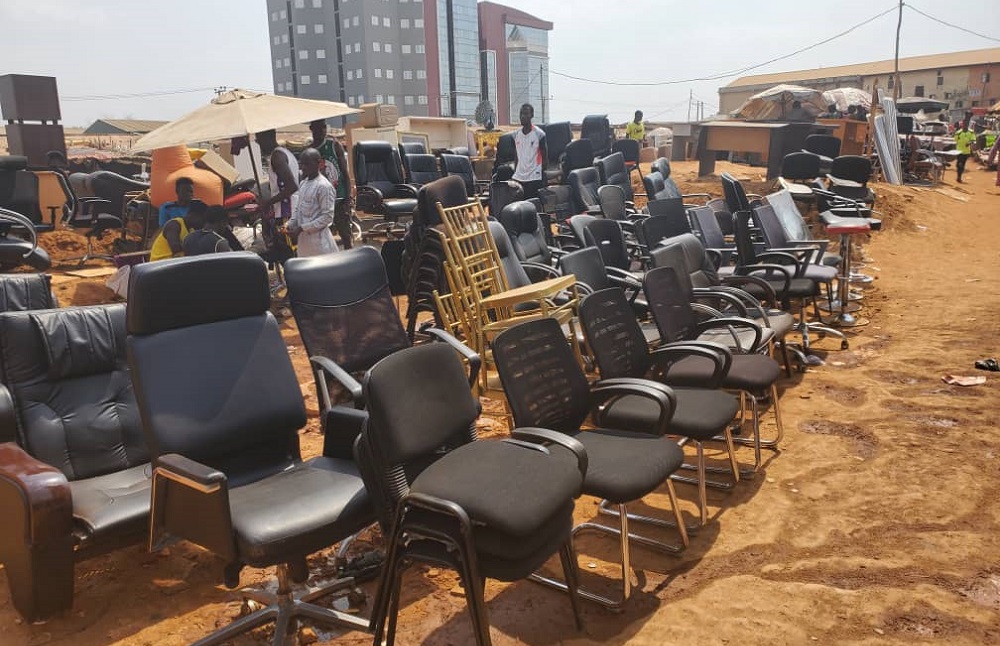
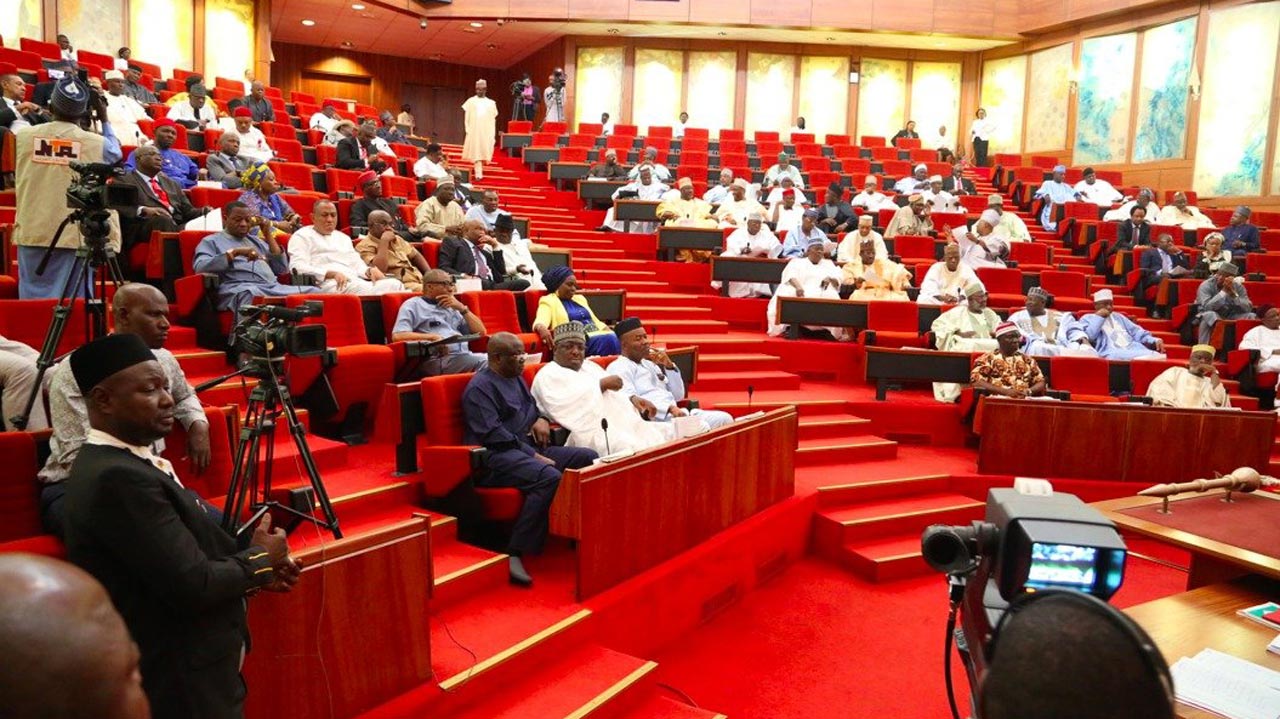


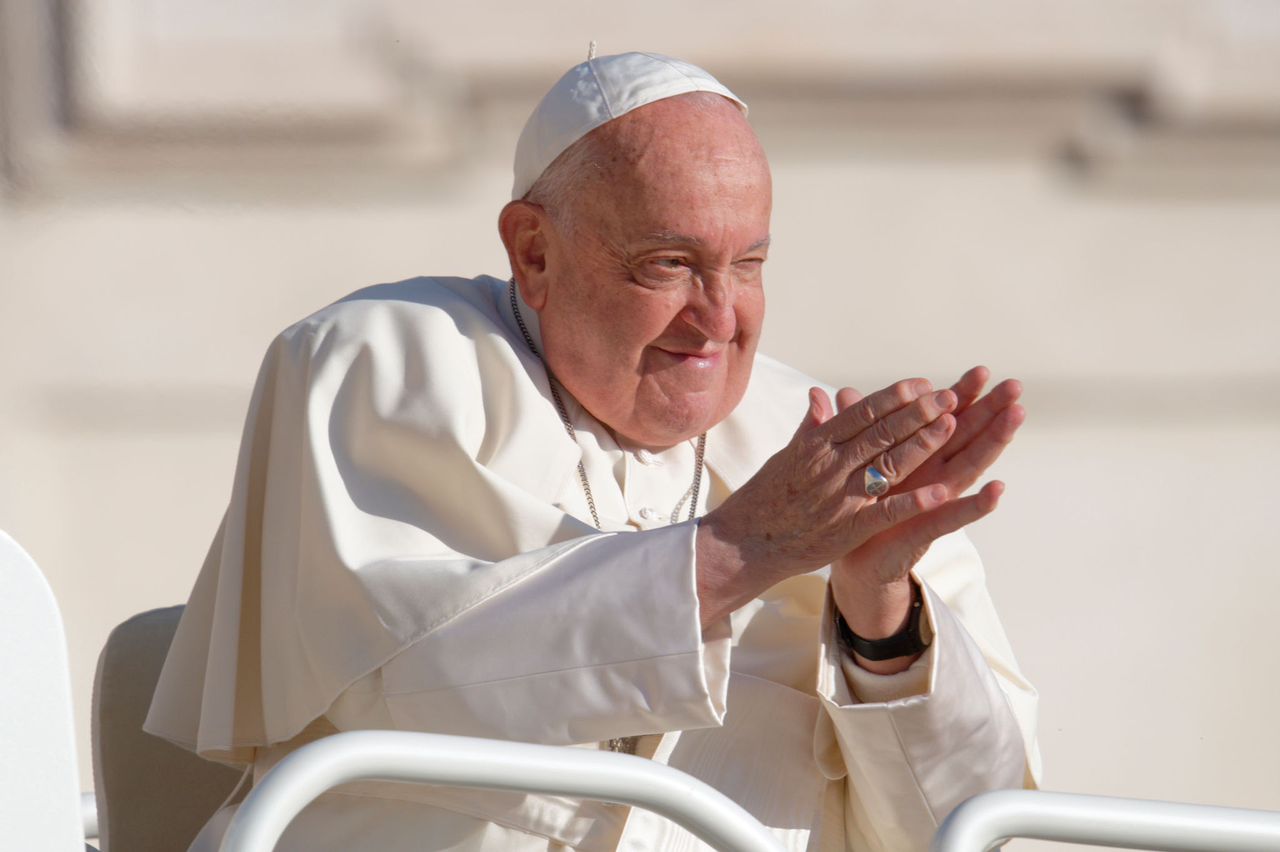


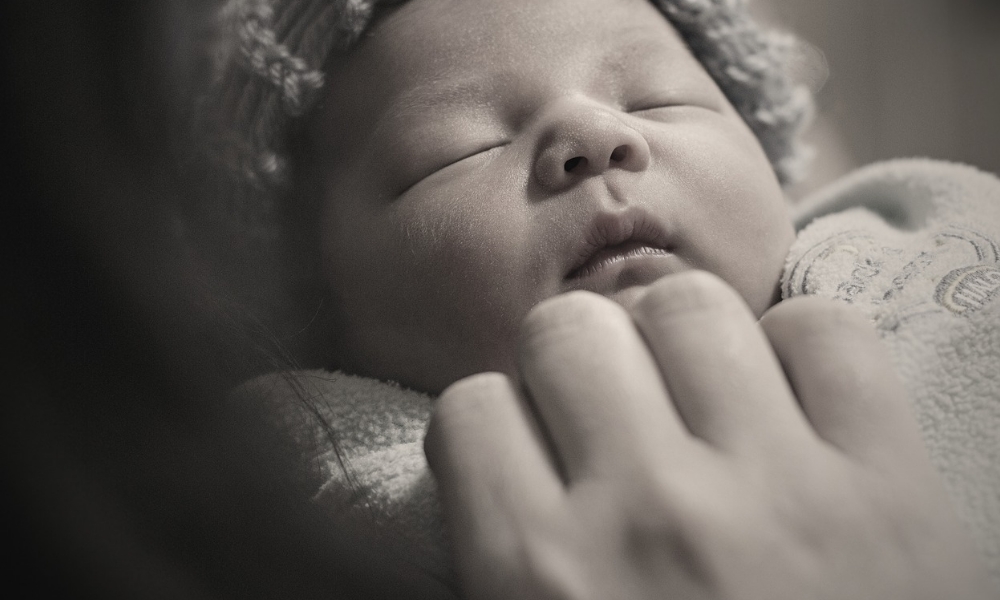




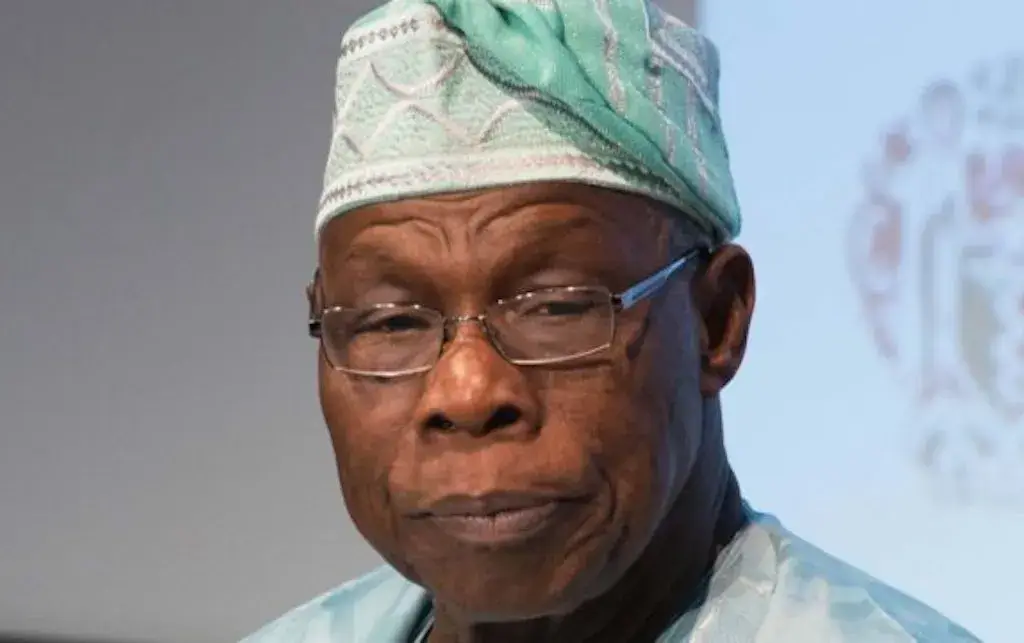


 English (US) ·
English (US) ·